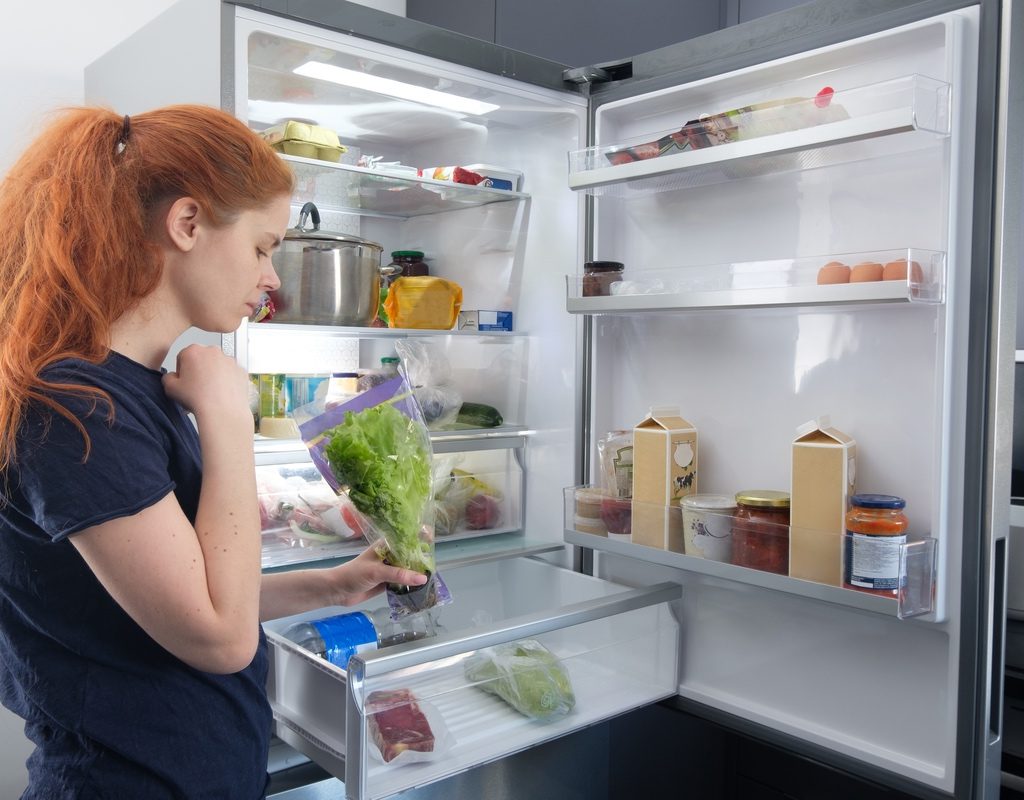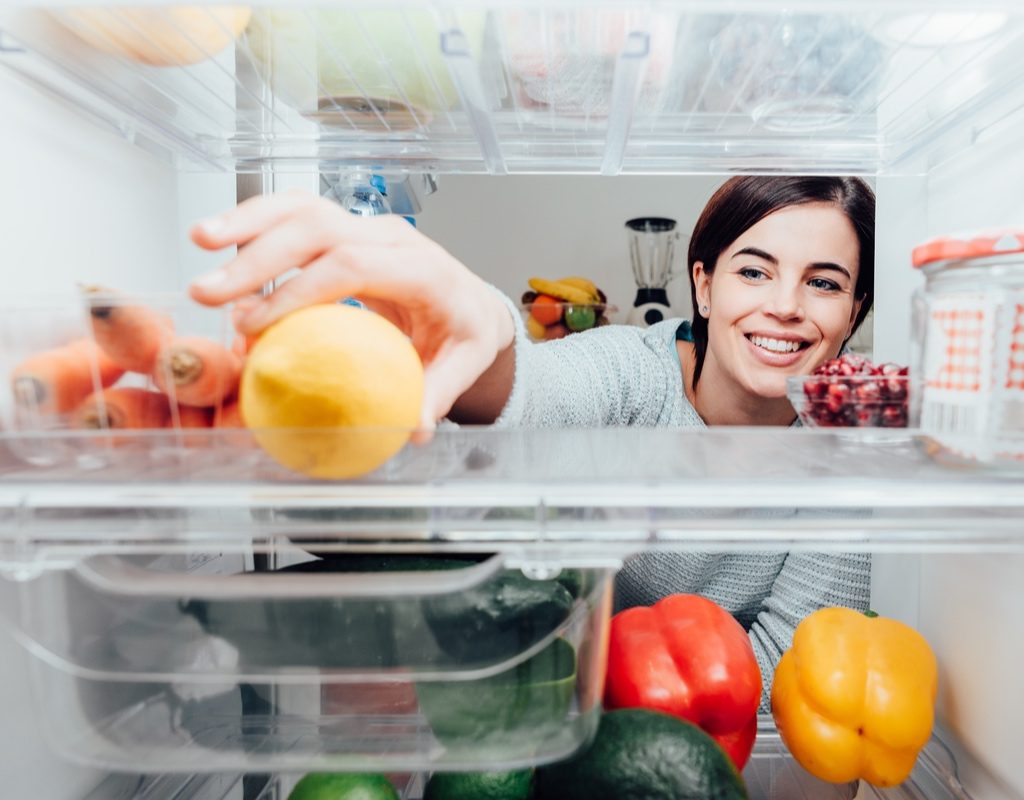
The statistics are clear: Americans waste a lot of food. In fact, the United States is the world’s most wasteful country, tossing out a combined 80 billion pounds of food annually. Another study found that the average household wastes a whopping $1,866 worth of food each year.
A lot of this food waste comes from fresh fruits and vegetables, which can spoil more quickly than other foods. The storage process is also more complicated when it comes to fresh produce, with different fruits and vegetables having different criteria for maintaining peak freshness.
Are you looking to make a dent in your food waste? This quick and simple guide will help you separate fact from fiction, so you can ensure your produce lasts as long as possible.

In the refrigerator
Citrus fruits often wind up on the counter, when in reality, the fridge should be their home within your home. Although their thick peels might lull you into a false sense of security about their durability, lemons, limes, grapefruits, and other citrus fruits maintain freshness when chilled. While they make great decor for the kitchen table, consider a vase of flowers or fake fruit for your table’s centerpiece.
Alongside citrus fruits, keep the following foods chilled in the fridge as well:
- Apples
- Beets
- Berries
- Broccoli
- Cabbage
- Carrots
- Cauliflower
- Celery
- Cucumbers
- Grapes
- Leafy greens like kale and Swiss chard
- Lettuce
On the counter
One of the most controversial topics in food storage is the humble tomato.
Many people store tomatoes in the refrigerator without thinking much about it, but according to experts, this is a miscalculation, plain and simple. Tomatoes that are left in the fridge over time become wrinkled, losing their bright flavors and crisp, juicy texture. To get the most out of your tomatoes, store them at room temperature, right on the counter.
In addition to tomatoes, the following items should be kept on the counter:
- Bananas
- Garlic
- Onions
- Potatoes
- Squash
- Sweet potatoes
A little of both
There are many fruits and vegetables that benefit from a hybrid approach, so they should ripen on the counter; then, once they’ve reached a peak level of ripeness, move to the refrigerator to maintain freshness and maximize shelf life. Unlike fruits like berries, citrus, and grapes, these fruits and veggies continue to ripen even after they’re picked, so it’s crucial to keep an eye on them to make sure you’re consuming them when they’re at their best.
While this may seem cumbersome at first, it doesn’t need to be an exact science. The basic rule of thumb is that if these fruits and vegetables seem ripe but you’re not ready to eat them just yet, move them to the refrigerator. It’s as simple as that. However, if the produce is ripe and you’re ready to consume it within a day or two, keep it on the counter until you’re ready to dig in.
Some fruits that can ripen on the counter or stay fresh in the fridge include:
- Avocados
- Corn
- Kiwi
- Mangoes
- Melons
- Peaches
- Pears
- Plums
- Nectarines
Ripening these fruits on the counter ensures they reach top deliciousness. Moving them to the fridge too soon will delay or prevent that process from happening, leaving you with fruit that doesn’t taste quite as fresh or juicy.
If you’re looking to reduce food waste and grocery bills in your household, keeping fruits and vegetables fresh is an ideal place to start. Yes, different products have different storage requirements, but it’s much less complicated than it may seem. With this handy guide, you can safeguard your food-shopping dollar and enjoy all the nutritious and delicious benefits seasonal produce has to offer.
BlissMark provides information regarding health, wellness, and beauty. The information within this article is not intended to be medical advice. Before starting any diet or exercise routine, consult your physician. If you don’t have a primary care physician, the United States Health & Human Services department has a free online tool that can help you locate a clinic in your area. We are not medical professionals, have not verified or vetted any programs, and in no way intend our content to be anything more than informative and inspiring.




